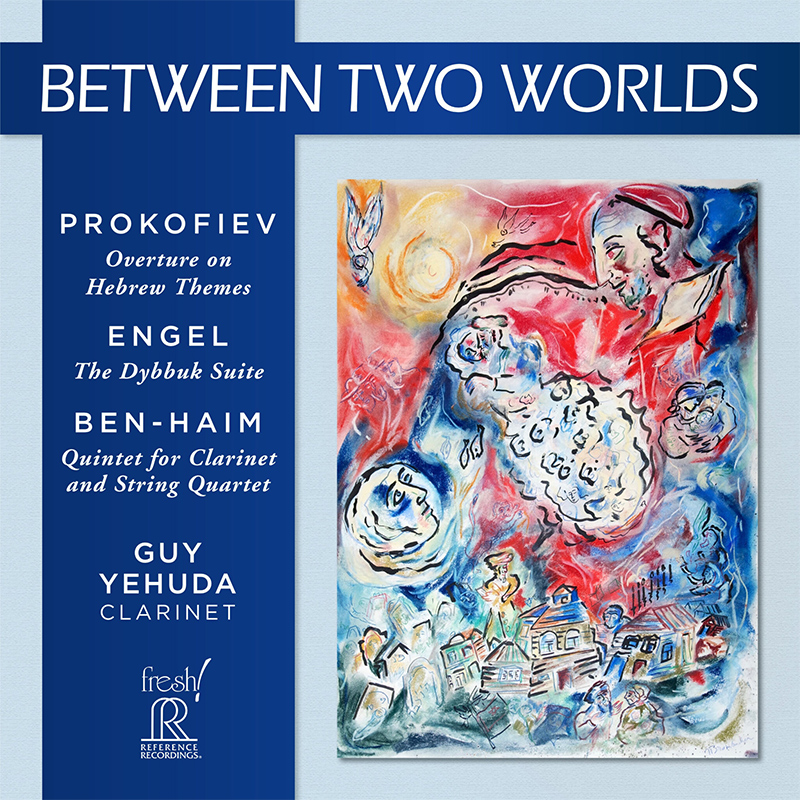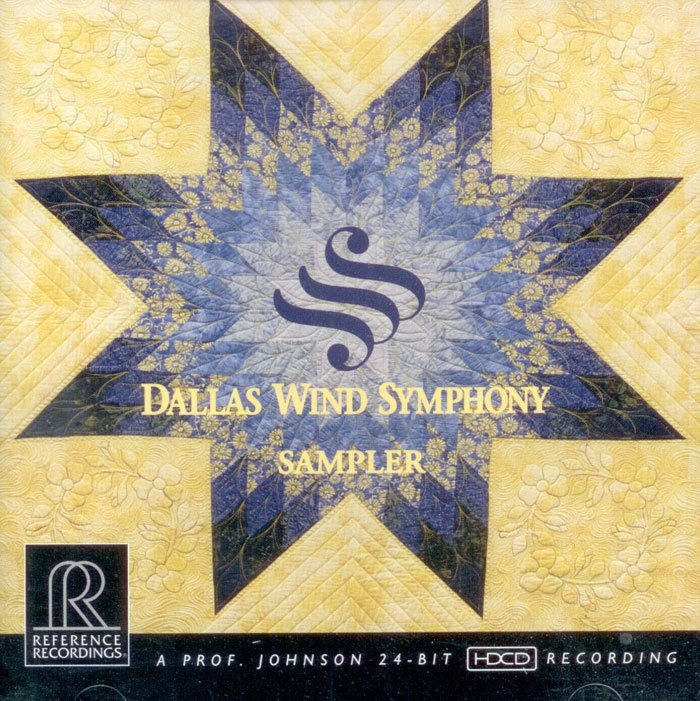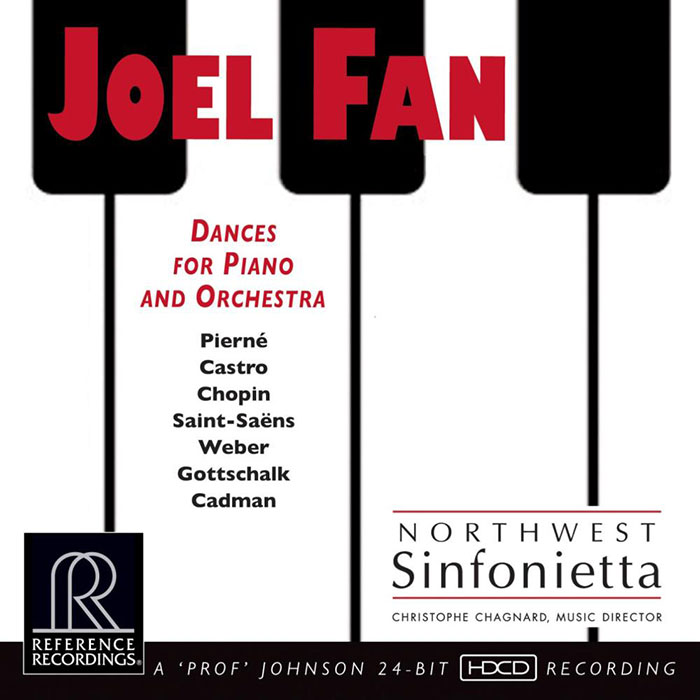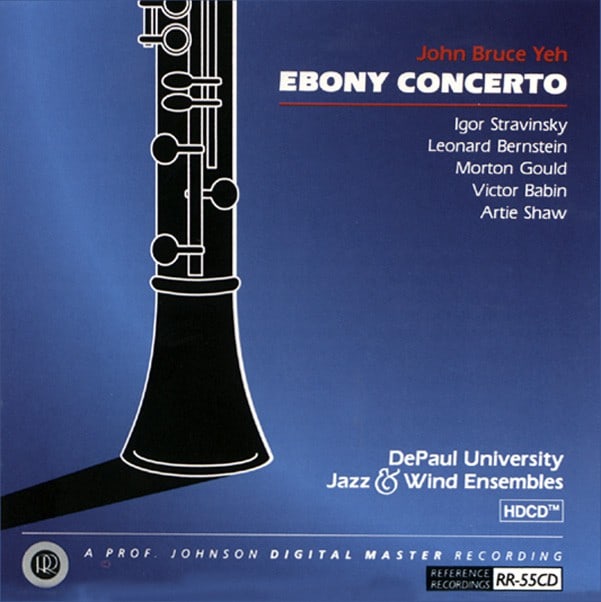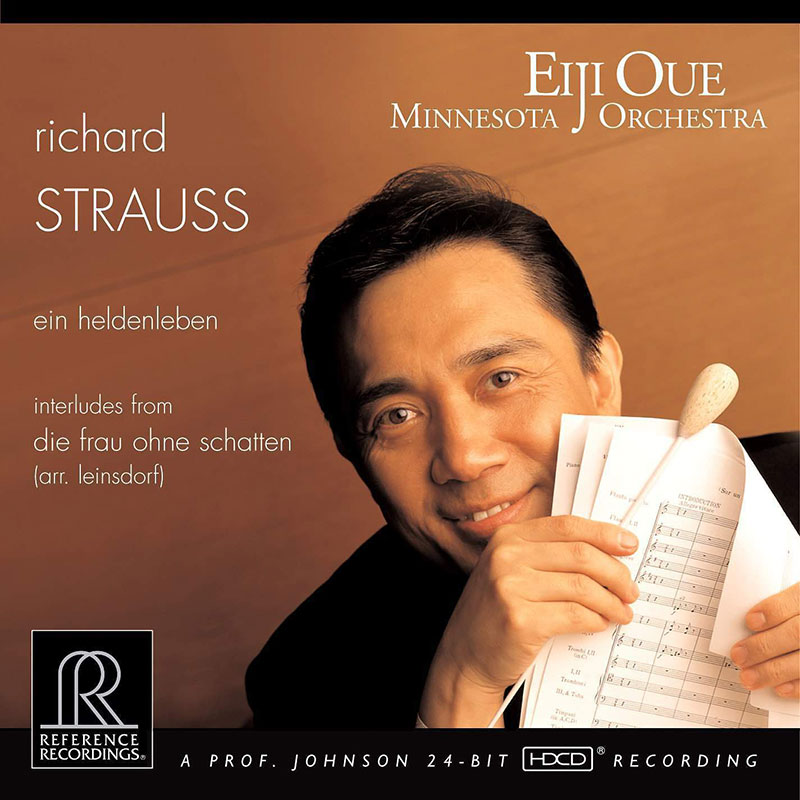Logowanie
Dziś nikt już tak genialnie nie jazzuje!
Bobby Hutcherson, Joe Sample
San Francisco
SHM-CD/SACD - NOWY FORMAT - DŻWIĘK TAK CZYSTY, JAK Z CZASU WIELKIEGO WYBUCHU!
Wayne Shorter, Freddie Hubbard, Herbie Hancock, Ron Carter, Elvin Jones
Speak no evil
UHQCD - dotknij Oryginału - MQA (Master Quality Authenticated)
Chesky! Niezmiennie perfekcyjny
Winylowy niezbędnik
ClearAudio
Double Matrix Professional - Sonic
najbardziej inteligentna i skuteczna pralka do płyt winylowych wszelkiego typu - całkowicie automatyczna
PROKOFIEV, ENGEL, Guy Yehuda, Guy Yehuda
Between Two Worlds
- Guy Yehuda - clarinet
- Guy Yehuda - clarinet
- PROKOFIEV
- ENGEL
REFERENCE RECORDINGS® is very pleased to release this beautiful musical program of three works from the early to mid-20th century, which we hope will provide some joy, especially to those who love Jewish music, history, and folklore. Sergei Prokofiev (1891–1953) wrote his Overture on Hebrew Themes for the Zimro Ensemble in 1919–1920, when he was in New York, and they were performing in America. Scored for clarinet, string quartet and piano, it showcases Prokofiev’s mastery of musical form, harmony, and color, as well as his ability to capture the spirit and character of the Jewish melodies. The Overture on Hebrew Themes is a testament to the fruitful collaboration between this great Russian composer and a group of dedicated musicians who shared a passion for Jewish culture. This work influenced other composers who were interested in Jewish music, such as Aaron Copland, Darius Milhaud, and Leonard Bernstein. Joel (or Yoel) Engel (1868–1927) was not only a music critic, composer, and teacher, but also a visionary leader who had great influence on the Jewish art music movement. One of Engel’s most notable works was the incidental music for The Dybbuk, a play by Shloyme Ansky based on a Jewish folk tale and a remarkable achievement in the history of Jewish culture. The drama, also known by its other name Between Two Worlds, premiered just over a century ago and captivated audiences with its mystical drama of love, death, and redemption. Unfortunately, Engel’s music including The Dybbuk Suite (1922) was largely forgotten by later generations, until recent efforts to revive and perform it. Paul Ben-Haim (1897–1984) is considered one of the most prominent Israeli composers of the 20th century. Rooted in the Western Germanic musical canon, his music reflects his dual identity as a German-born Jew who emigrated to Israel and embraced its diverse cultural heritage. One of his most notable works is the Quintet for Clarinet and String Quartet, composed in 1941 and revised in 1965. The quintet is a tour de force of Ben-Haim’s mastery of texture, musical lines and rhythm, from both worlds. Between Two Worlds features clarinetist Guy Yehuda. Hailed by composer John Corigliano as “One of the most awe-inspiring clarinetists today,” Mr. Yehuda is recognized as one of the most outstanding and unique talents on the international concert stage today. He has won several international competitions, including the Heida Hermanns International Woodwind Competition and the Fischoff Chamber Music Competition. Mr. Yehuda has toured extensively in Europe, North and South America, Israel, South Korea and China. As a principal clarinetist, he has performed with the Israel Philharmonic, Lucerne Contemporary Festival Orchestra, Chicago Civic Orchestra, Spoleto Festival Orchestra, Haifa Symphony Orchestra and Cincinnati Chamber Orchestra, among others. On Between Two Worlds he performs with an outstanding ensemble consisting of Dmitri Berlinsky, violin; Yvonne Lam, violin; Eric Nowlin, viola; Suren Bagratuni, cello; Kevin Brown, bass; Jon Weber, percussion; and Eric Zuber, piano. This release, also featuring the Jewish visual artist, author, and maggidah, Shoshannah Brombacher, is a showcase of masterful artistry and emotional depth.


































